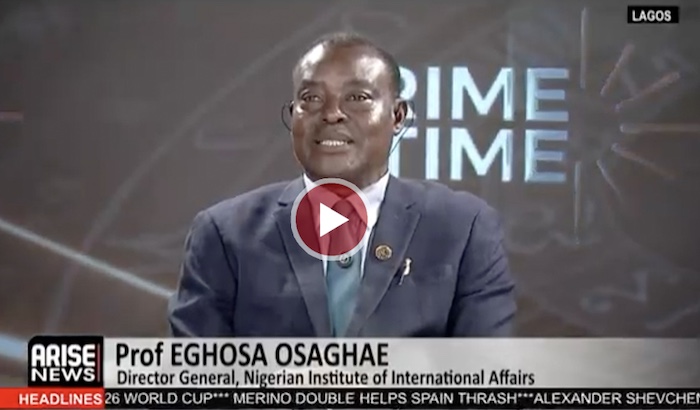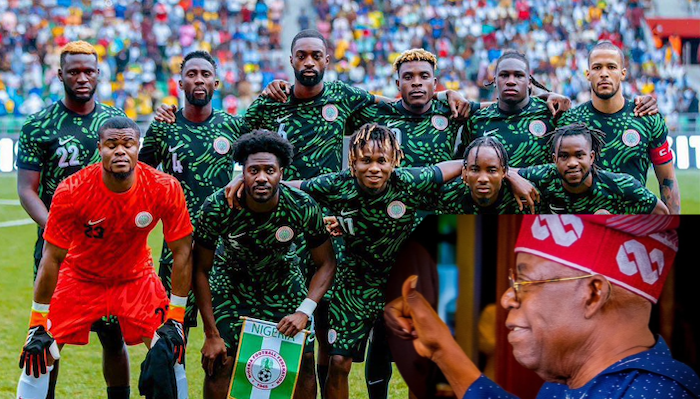
The Director-General of the Nigerian Institute of International Affairs (NIIA), Professor Eghosa Osaghae, has paid glowing tribute to the late Kenyan opposition leader Raila Odinga, describing him as a symbol of democratic resilience and a pan-African statesman whose influence transcended political office.
Speaking during an interview on ARISE News on Wednesday, Osaghae said Odinga’s legacy shows that true democratic contributions are not limited to holding power but to shaping governance and strengthening institutions.
“You don’t have to be president to make the kinds of contributions that would make democracy such a wonderfully beautiful process,” he said. “For the years that he led as leader of the opposition in Kenya, he kept the government in check and that is a democratic role.”
Osaghae noted that although Odinga contested and lost five presidential elections, each of those political struggles left Kenya stronger, pushing for reforms and accountability.
“He was an advocate and a champion of electoral reforms,” he explained. “One of the cases he took to the Supreme Court exposed the failures of Kenya’s electronic voting process, which later led to reforms in the Electoral and Boundaries Commission.”
The NIIA Director-General also recalled Odinga’s role in power-sharing negotiations and his principled decision to boycott a rerun election when he felt the electoral process was compromised.
“He finally got the Supreme Court to annul an election, yet on grounds of principle refused to take part in the rerun because the reforms did not show readiness for a free and fair election,” Osaghae said. “That is the mark of a statesman.”
He described Odinga as one of Africa’s strongest opposition figures who demonstrated the importance of checks and balances in democratic systems.
“You need very effective government, but you also need very effective checks and balances,” Osaghae said. “In all the years he led the opposition, Odinga demonstrated exactly that.”
Reflecting on the impact of Odinga’s death on Kenyan politics, Osaghae said his absence would be deeply felt, as he had strong national, provincial, and community roots.
“He had the resilience many politicians lack because his driving force was to see a better Kenya,” he stated. “He joined forces with others during the pro-democracy struggle in the final years of the Moi government, helping to deepen and consolidate Kenya’s democratic gains.”
Osaghae added that Odinga’s charisma and influence would continue to shape Kenya’s political trajectory and inspire reform movements across Africa.
“Kenya’s democratic progress will always remember him,” he said. “He will also be remembered as a great pan-Africanist — one who demonstrated strength of character and belief in African integration.”
He concluded that Odinga’s failure to become African Union Commission Chairperson was “a loss to the continent,” but his record as AU High Representative for Infrastructure reflected his enduring commitment to African unity and progress.
“He always demonstrated the strength of character that lies in pan-Africanism,” Osaghae said. “It was quite a loss to the continent that he didn’t make it to chair the AU Commission, but his legacy as a reformer and unifier will endure.”
Boluwatife Enome



